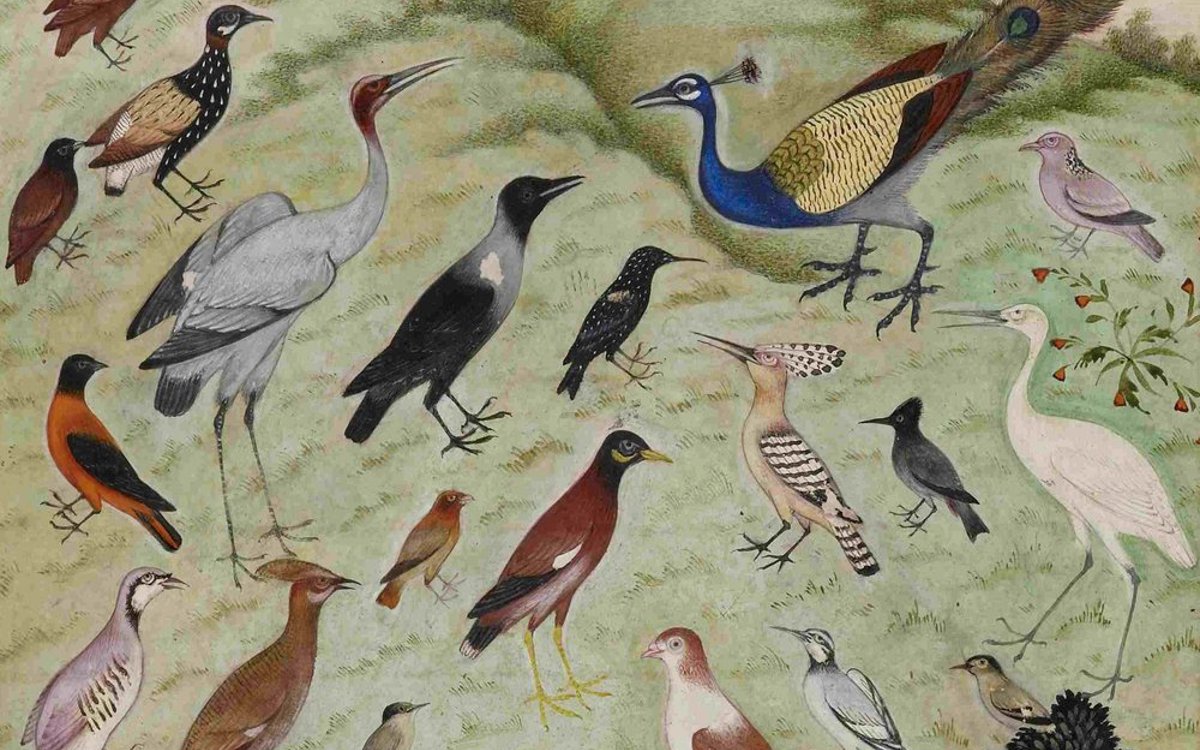This issue of The ACU Review explores why and how universities should broaden their intellectual horizons to include a wider range of perspectives.
By Joanna Newman, ACU

When we create room for different and diverse perspectives, everyone benefits.
By Joanna Newman, ACU
In this issue of The ACU Review, academics from across the Commonwealth consider why and how universities should broaden their intellectual horizons to include a wider range of perspectives. They explore the forces and structures that limit our lines of sight, and the wealth of knowledge and ideas that have been pushed to the margins.
At the heart of this question lie the asymmetries of power which have allowed western knowledge to dominate to the exclusion of others. These asymmetries have created a hierarchy of knowing, with its roots in a colonial past but its consequences still vividly felt.
It is the dominance of western ways of knowing – rather than western knowledge itself – which comes under scrutiny here. The focus is not on ‘erasing’ western knowledge from our curricula, but on decentring it; taking a critical look at that which may have hitherto been uncritically accepted.
This means accepting that knowledge itself – often viewed as somehow ‘pure’ and objective – is in fact bound up with social structures and hierarchies. It requires us to acknowledge that our intellectual horizons may have limits beyond which we cannot see (or do not look). It asks us to listen and learn from that which has been eroded or suppressed as a result of colonial processes. Most of all perhaps, it demands we turn a critical eye on the dynamics of power and privilege that dictate why we assign higher value to one form of knowledge over another.
As a Commonwealth organisation, it’s important that we at the ACU confront our own historical legacy: it is an unavoidable truth that the shared language and organisational structures which connect our members are a result of colonialism. Our work, however, is to use this legacy to challenge inequality in all its forms and build a better, fairer future. Our focus is on equal and collaborative dialogue, in which diverse perspectives are not only welcome but integral; partnerships in which all have something to give and all have something to learn.
This, perhaps, is the overriding message of this issue: when we create room for different and diverse perspectives, everyone benefits. It’s not only a question of justice for those whose voices have gone unheard – important though that is. It’s also a way for institutions to better reflect the societies they serve, to pool vital knowledge on global challenges, and to become more inclusive spaces for students, staff, and communities.
Dr Joanna Newman is Chief Executive and Secretary General of the ACU.
'An assembly of birds’ (seen top) is from an illustrated manuscript of interrelated animal fables called the Anvār-i Suhaylī c. 1610-1611. These ancient Indian fables are better known as the Panchatantra, but go by many names in many cultures. They have been retold in more than 50 languages around the world, and nearly every major language of India has a version. Image courtesy of the British Library.
The ACU Review is published for information purposes only and no liability is accepted for its contents by the ACU or by any contributor. Opinions expressed are those of the authors and do not necessarily represent the views or policies of the ACU.
The first series of The Internationalist, a new podcast from the ACU, brings academics, students and practitioners together to ask: ‘Who gets to learn, and who gets to teach?’

